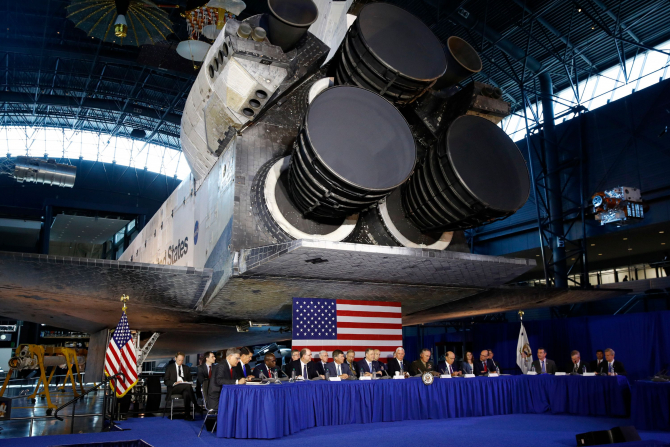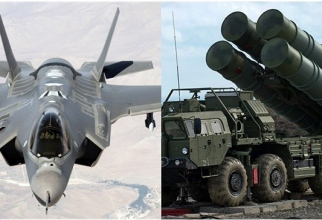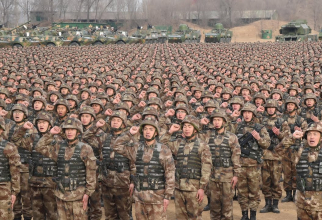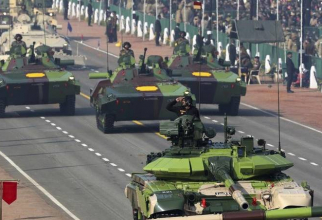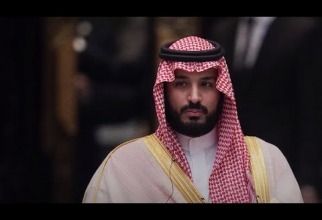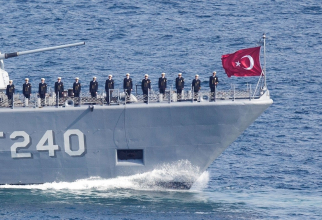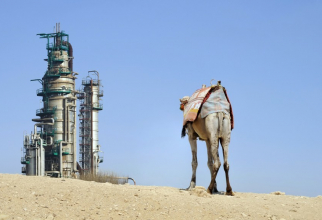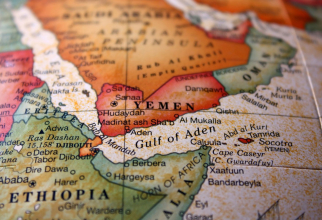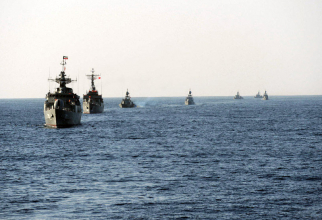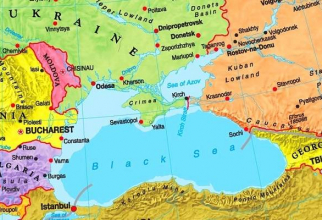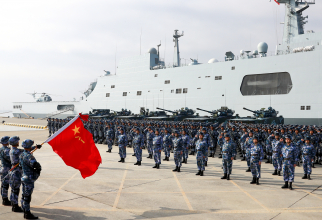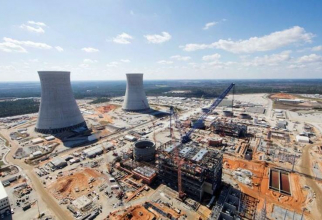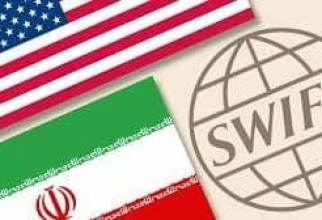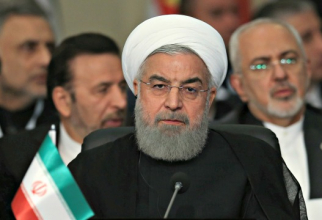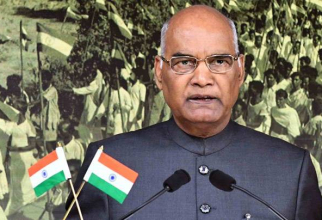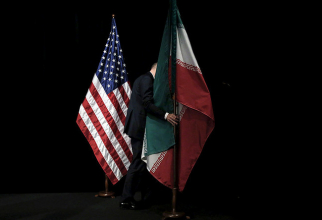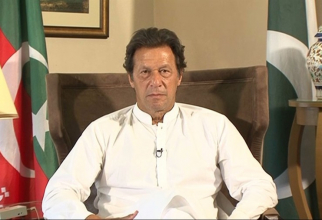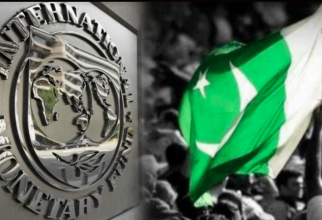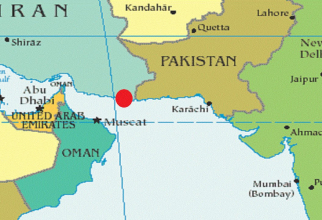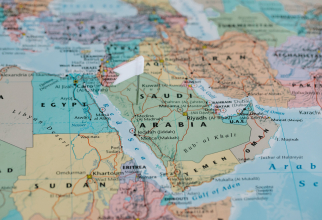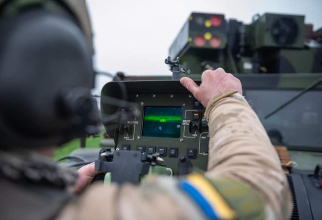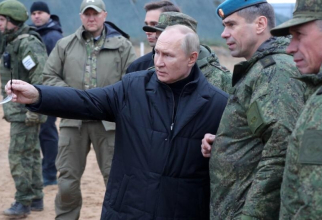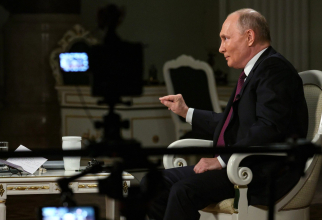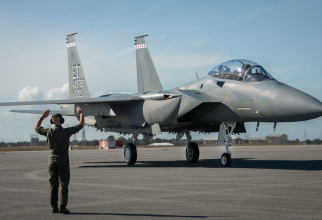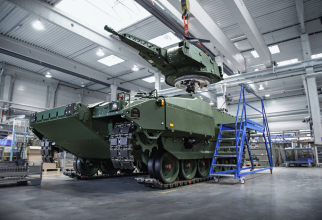Un prolific analist din cadrul ASRIE, institutul partenere cu DefenseRomania.ro ne transmite această analiză cu privire la armata spațială pe care președintele SUA Donad Trump a creat-o anul trecut. Comandamentul Spaţial, deși pare un titlu din dintr-un roman de science fiction a devenit realitate pe care ASRIE prin Emanuel Pietrobon o analizează în materialul pe care vi-l prezentăm. Alături de China și Rusia, o nouă competiție militară și științifică începe. Iar această nouă competiție presupune atât noi expertize dar și masive probleme. Ecuația ieșirii în spațiu a civilizației umane devine și mai incitantă.
Since last year the American president Donald Trump announced the coming creation of the so-called Space Force to have the United States ready for what he described as “the next war-fighting domain.” Other countries such as Japan, Israel and India have also joined the new space race along with billionaire entrepreneurs like Tesla’s founder Elon Musk. The real news is not that rich private citizens are investing their wealth in trying to land onto other planets and build their satellites, but that the once-rivals Russia and China have decided to enter together the space race 2.0 despite the presence of issues that may undermine their strategic partnership.
Dreaming the Moon
In January when the Chinese-made Chang’e 4 lander and Yutu 2 rover reached the dark side of the moon as part of Beijing’s lunar plan, which was launched in 2007, it was finally clear to Russia, and the world as a whole, that the country is willing to play a major role not only on the Earth, but also in outer space. China endeavours towards establishing a long-term presence on the Moon by the late 2020s through the construction of a robot-managed research base and to start other missions to carry out scientific and biological experiments. However, the US thinks that the real goal is the extraction of precious metals and rare minerals that would help Beijing build an unbreakable and long-lasting hegemony based on the possession of game-changing vital resources.
Soon after the Ukrainian crisis, Russia started talks with China on space cooperation which were ended in June 2018 with the signing of a memorandum of understanding (MoU) concerning lunar and deep space exploration. The MoU was preceded a few months earlier by the Roscosmos-CSNA agreement for the building of a joint data centre and a deeper cooperation on space issues. Russia is also interested in sending a manned mission by the late 2020s as part of a much wider and more ambitious plan aiming at establishing a human settlement during the 2030s and 2040s. Just like Beijing, Moscow’s ultimate goal is to evaluate the possibility of carrying out mining operations in the lunar subsoil and taking possession of rare earth elements and other unknown resources that may lead to technological breakthroughs.
And here the problems start; Russia and China are partnering together for the common goal to counter American outer space-level hegemonic ambitions, but they risk to clash against one another as the Moon and other planets are conquered since they are both seeking global dominance in the rare elements market through the conquest of space. Once again, their partnership is going to show all its intrinsic limits and their resource-hunger is likely to be used successfully by the other great powers in the absence of a resistive win-win compromise.
The other purpose: the US
The bilateral agreements have set many goals for the period of 2018-2022 and are intended to lay the foundation for a far-reaching Sino-Russian alliance capable of balancing the American grand strategy, whose goal may not only be limited to the extraction of other planets’ resources but extended to long-dreamed space militarization. Indeed, both countries are working on the co-development of space-related technologies easily usable for military purposes such as remote sensing, on-orbit instruments, space debris monitoring and destruction, space electronics, and laser weapons.
The Pentagon has been monitoring Russian and Chinese developments in laser and anti-satellite sectors for a long time as it considers them explicitly built to hit American targets in orbit, such as satellites. Those warnings dated years ago have now become a reality and Trump’s efforts to make the US recover ground on space warfare must be read within this context.
The new space race has just begun and already looks more chaotic and unpredictable than the first one and is surely more important for the humankind. Indeed it is no longer matter of sending men on the Moon but of building the outposts that will eventually be used as bridgeheads for the no-longer-sci-fi extraterrestrial colonisation.
Fii primul care află cele mai importante știri din domeniu cu aplicația DefenseRomania. Downloadează aplicația DefenseRomania de pe telefonul tău Android (Magazin Play) sau iOS (App Store) și ești la un click distanță de noi în permanență
 Fiți la curent cu ultimele noutăți. Urmăriți DefenseRomania și pe Google News
Fiți la curent cu ultimele noutăți. Urmăriți DefenseRomania și pe Google News



